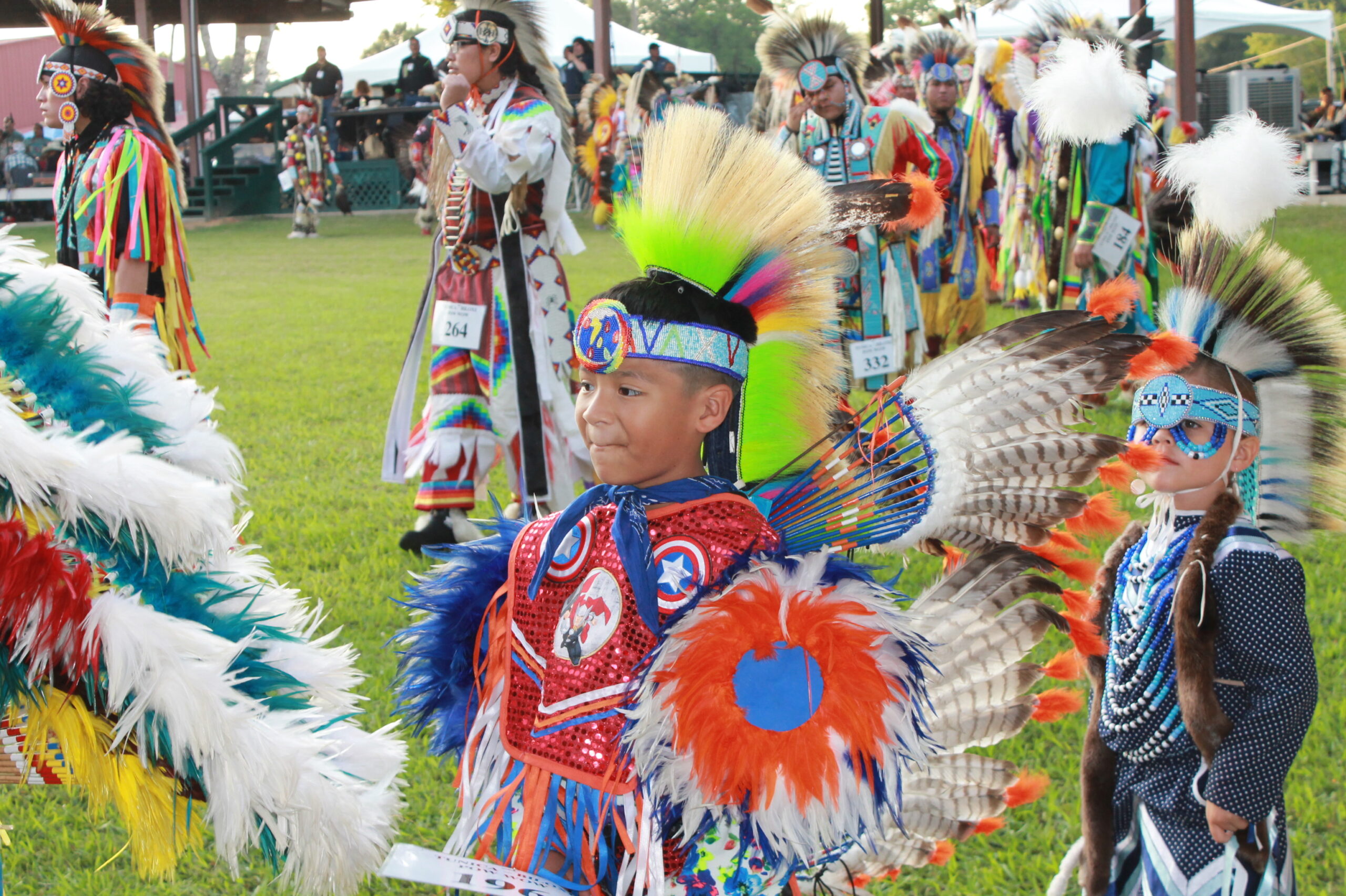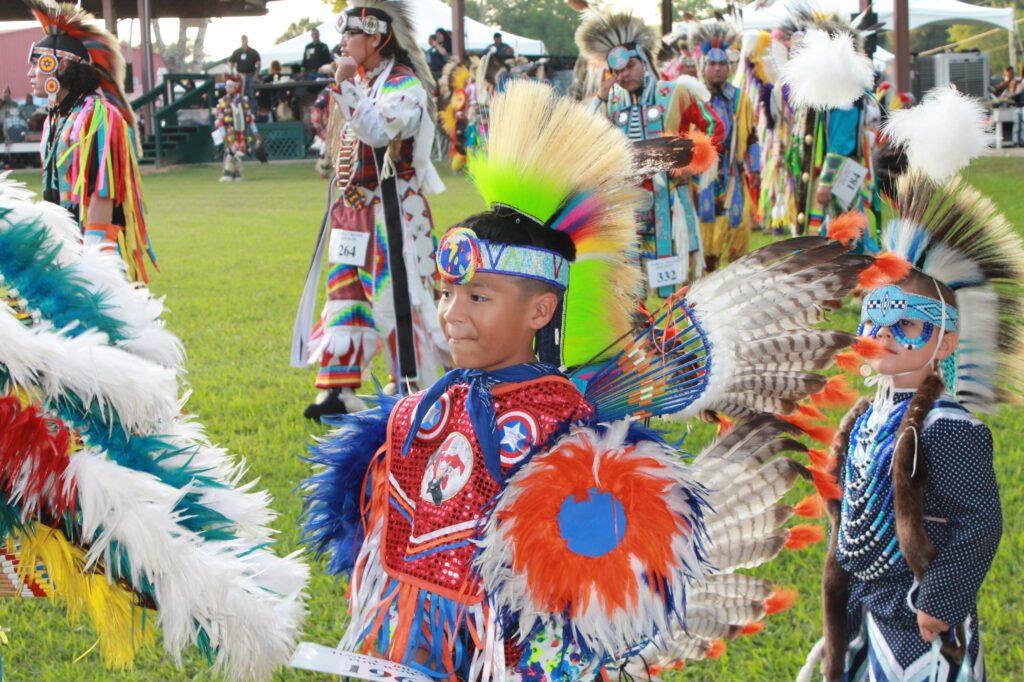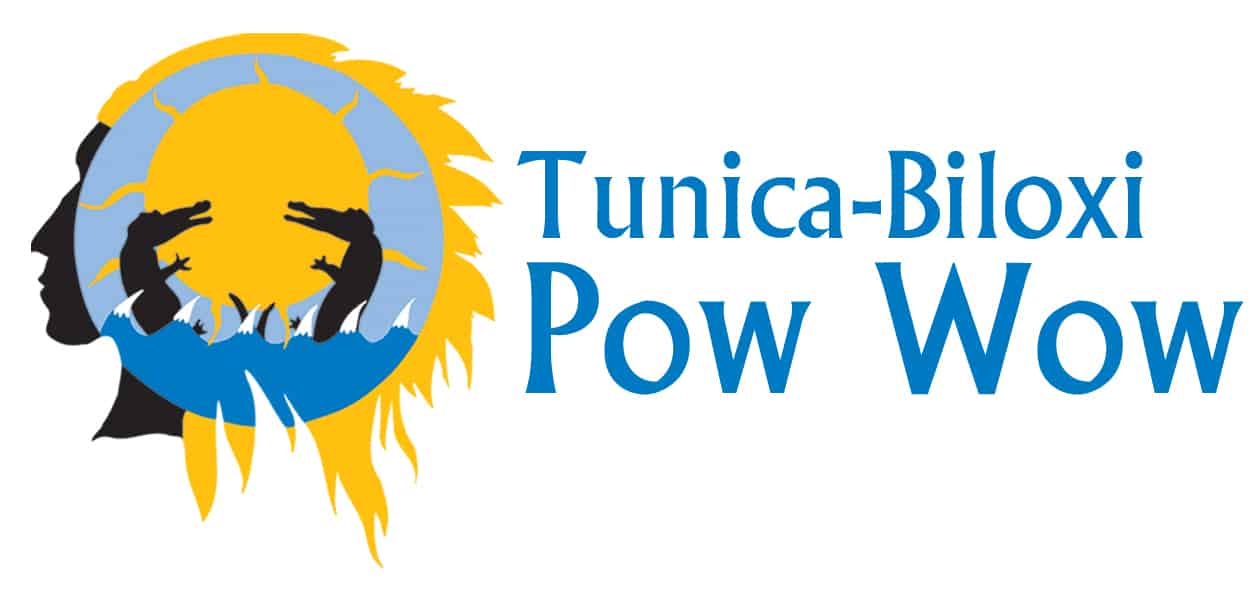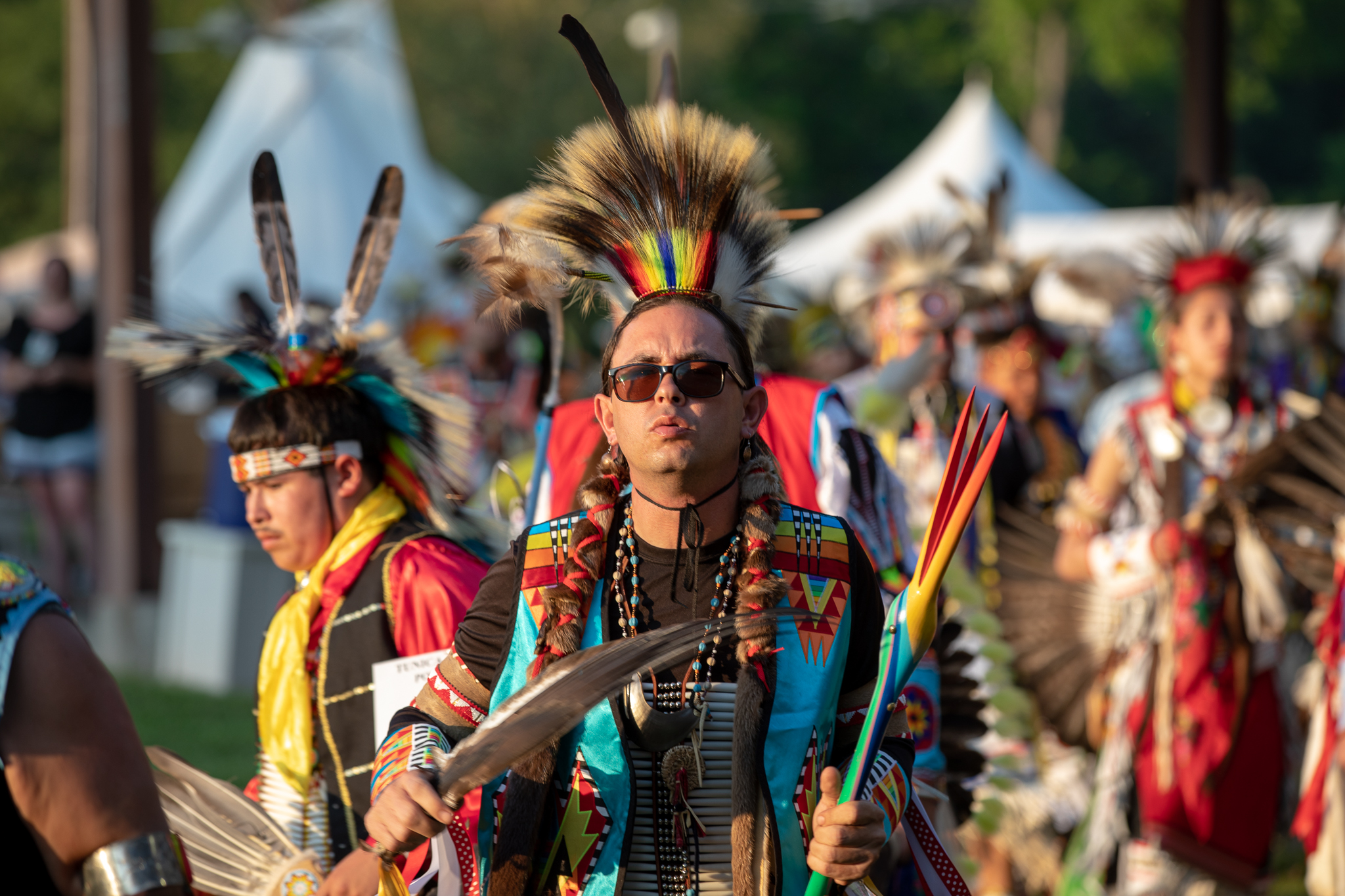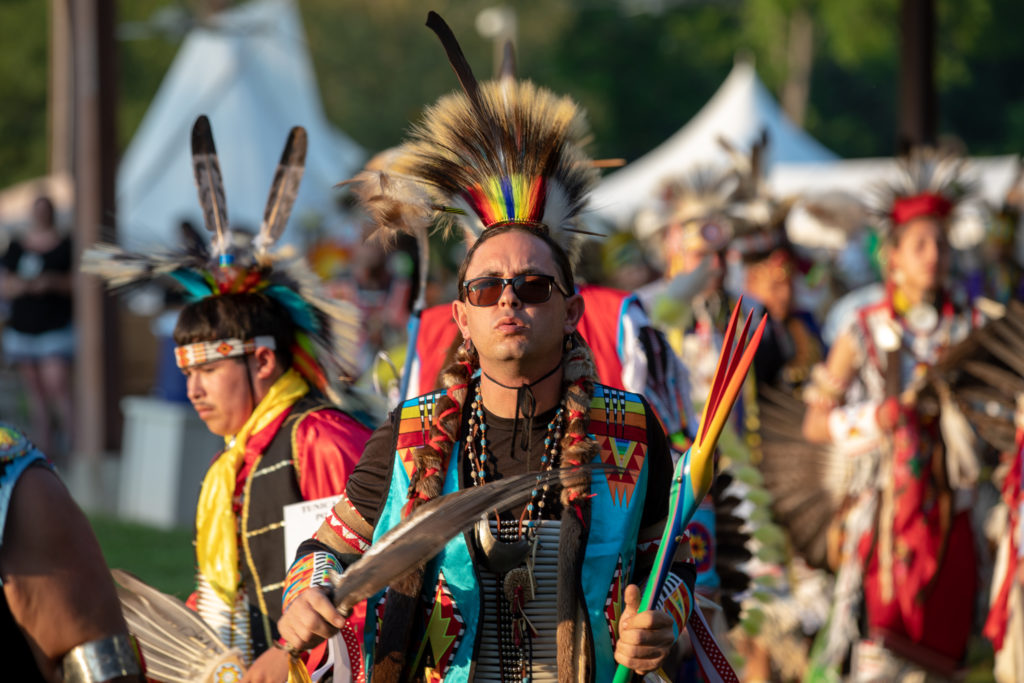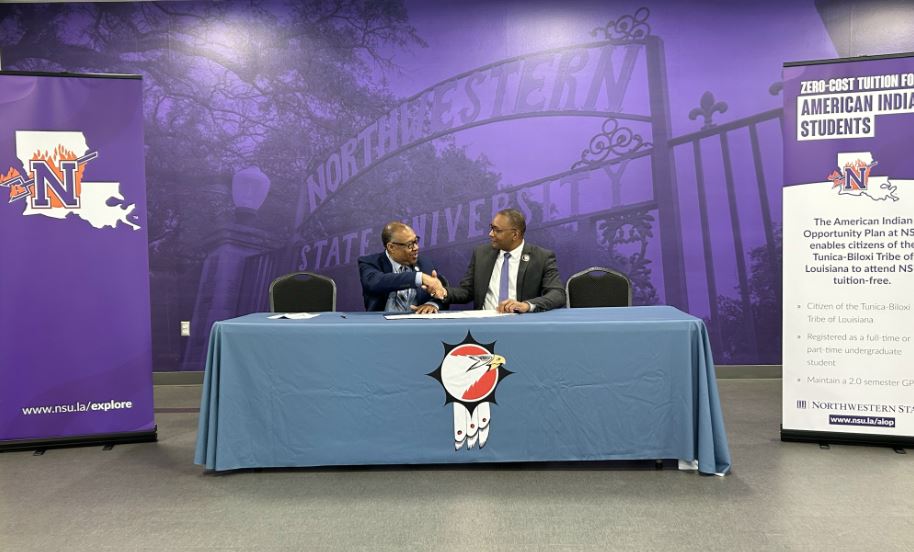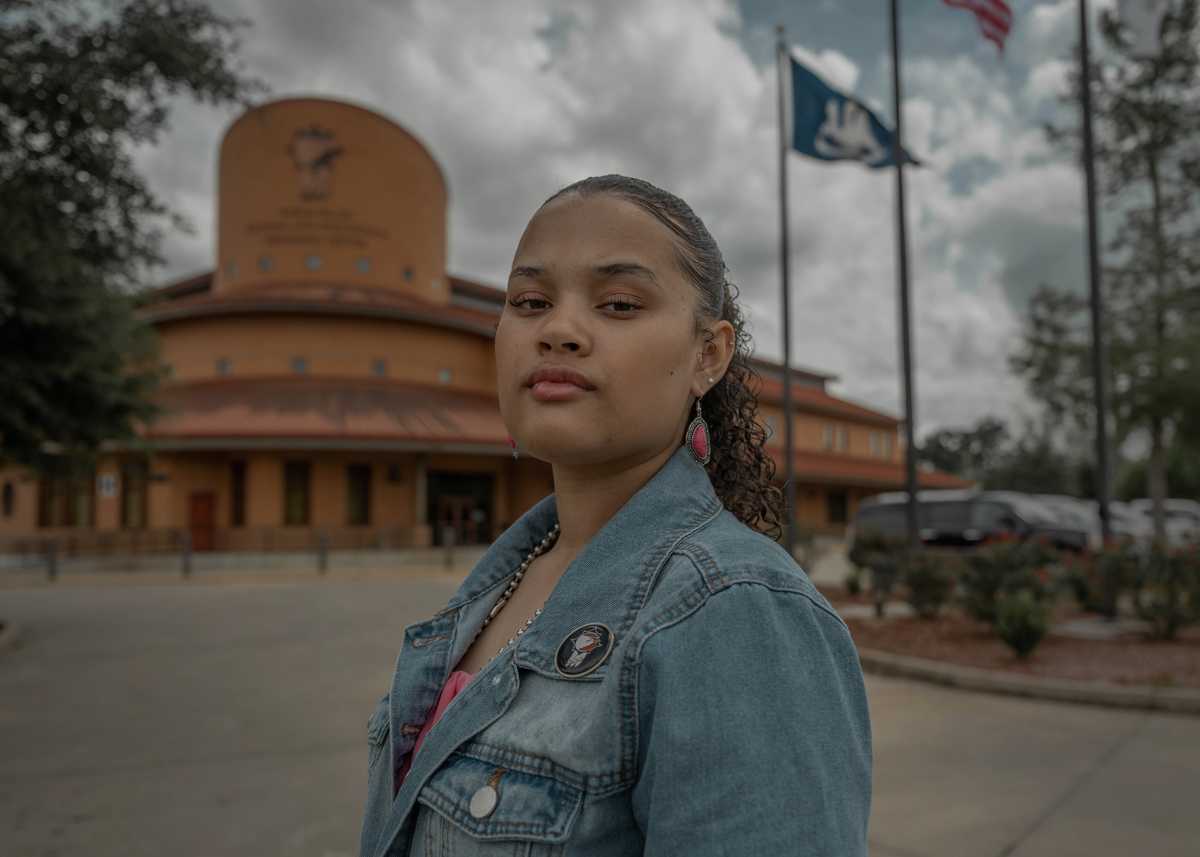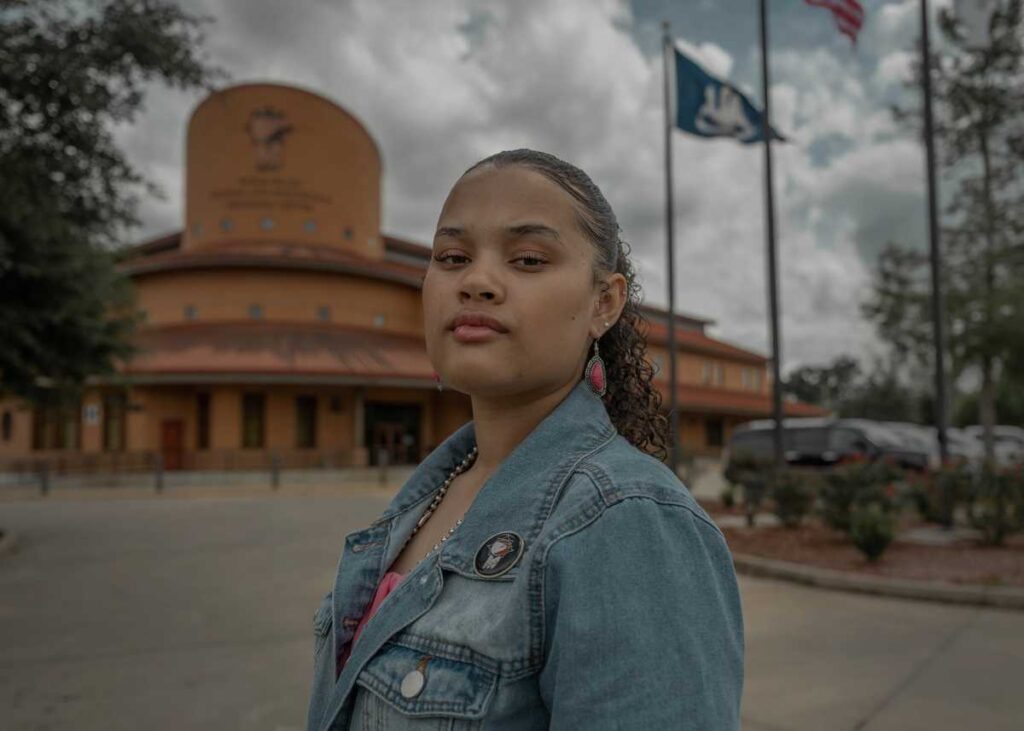
The talk will be led by Dr. Kathe Managan, Cultural and Linguistic Anthropology professor at the University of Louisiana at Lafayette, and will include the Tunica- Biloxi Tribe’s Elisabeth Pierite Mora, Language & Cultural Lifeways Instructor
Marksville, La. (June 21, 2023) –– Secretary of State Kyle Ardoin invites the public to attend a panel discussion on the history of languages and cultures in Louisiana as part of the upcoming exhibit, “Away from Home: American Indian Boarding School Stories” at Louisiana’s Old State Capitol in Baton Rouge.
The discussion will be held on Tuesday, July 11, beginning at 6:00 p.m., focusing on how different languages and cultures have influenced and shaped Louisiana throughout history. This event is free and open to the public.
The discussion will be moderated by Dr. Kathe Managan, a Cultural and Linguistic Anthropology professor at the University of Louisiana at Lafayette. Guest panelists include Maggie Justus, Council for the Development of French in Louisiana (CODOFIL) Community Development Specialist; Tia LeBrun, member of the United Houma Nation; and Elisabeth Pierite Mora, member of the Tunica-Biloxi Tribe of Louisiana and Language & Cultural Lifeways Instructor.
Pierite Mora has played a vital role as an instructor for the Tribe’s Language and Cultural Revitalization Program (LCRP). LCRP aims to prepare future generations of Tribal citizens to lead successful, fulfilling lives and deeply understand their culture. Under the guidance of John Barbry, the LCRP’s director, the LCRP has successfully revived the Tunica language from “dormant” to “awakened,” a very rare occurrence in the linguistic community. Over 50 active speakers of the Tunica language and in-house linguists teach the language and work to expand the program. Elisabeth will offer insights into the Tribe’s experience restoring language, a core tenant of culture, and her hands-on experience teaching and reclaiming the Tunica language.
Beginning in the 1870s, the US government attempted to educate and assimilate American Indians by placing children—of all ages, from thousands of homes and hundreds of diverse tribes—in distant, residential boarding schools. Many were forcibly taken from their families and communities and even forbidden to speak their own language amongst themselves. Native Americans responded to the often-tragic boarding school experience in complex and nuanced ways. Stories of student resistance, accommodation, creative resolve, devoted participation, escape, and faith in oneself and heritage speak individually across eras. The exhibit and panel will explore those experiences and their effects on culture and language.
Though records of the Tunica language can be traced back as early as 1886, efforts of reawakening the Tunica language began in 2010, and continue today, with the recent release of our textbook.

